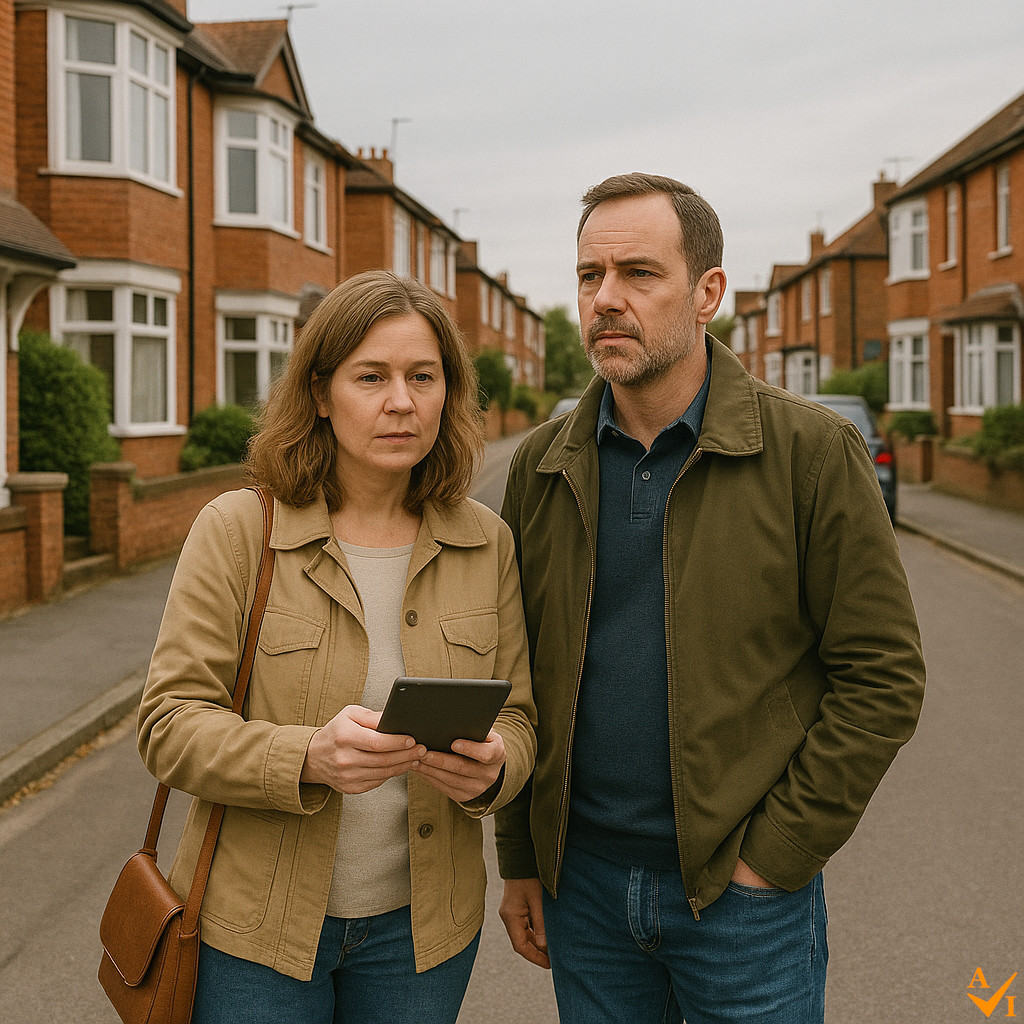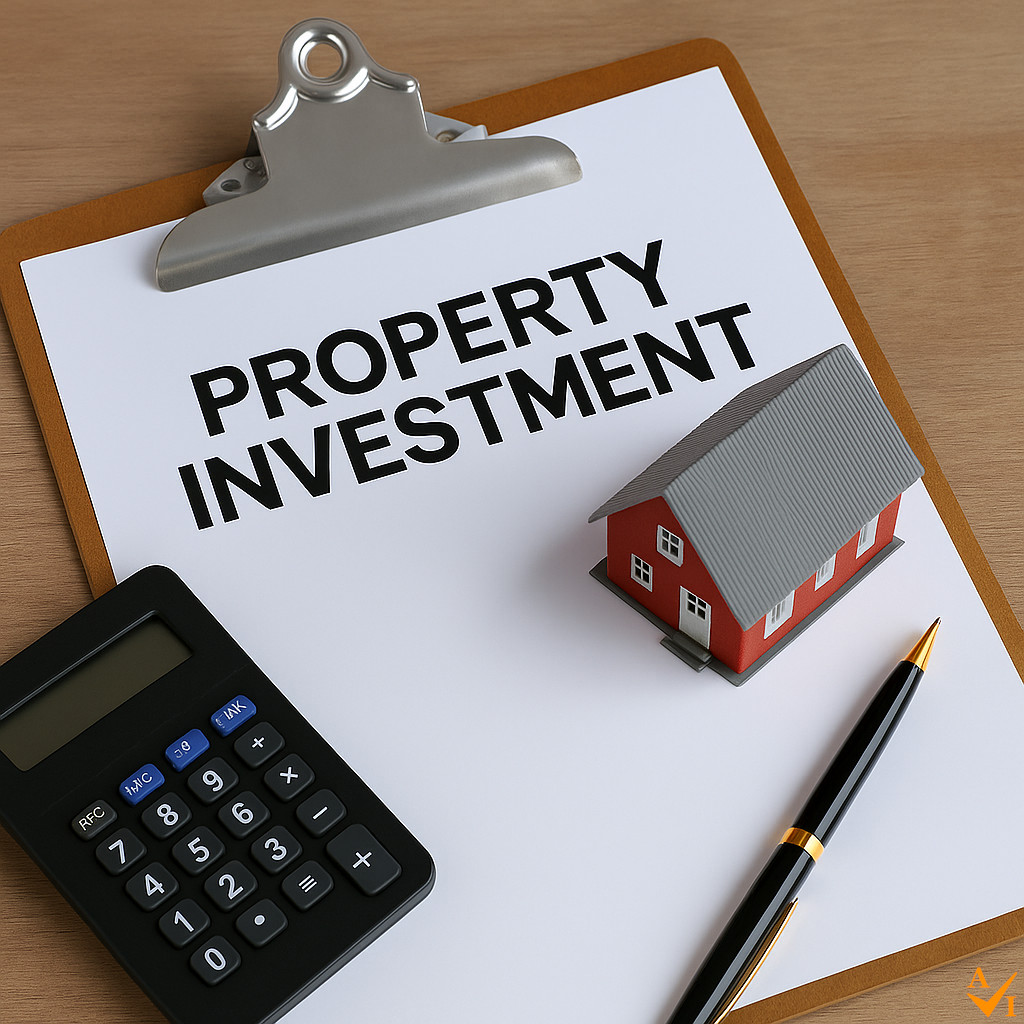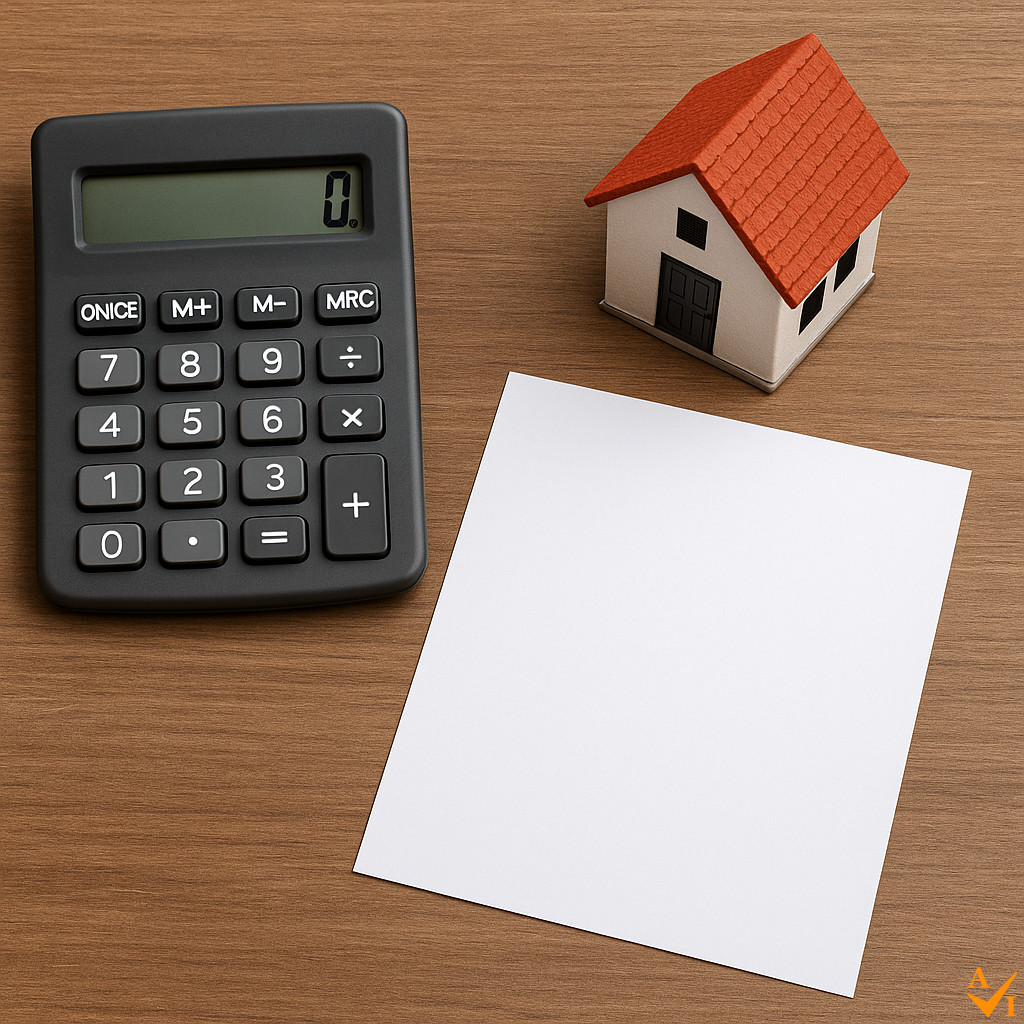
Owning a historic home is like holding a piece of history in your hands. These properties offer unique charm and character but come with specific considerations.
Embrace the Home’s History: Historic homes are rich in architectural detail and history. Researching the home’s past can enhance its appeal and your pride in ownership.
Understand Renovation Restrictions: Many historic homes have preservation rules. If the home is on a historic register or in a historic district, there may be limits on renovations.
Assess Renovation Needs: These homes often require more upkeep. A thorough inspection can reveal the condition of plumbing, electrical systems, and foundations.
Budget for Higher Maintenance Costs: Be ready for higher maintenance expenses. Historic homes may need specialised care and materials, which can be pricier.
Consider Energy Efficiency: Older homes weren’t built for modern energy efficiency. Explore upgrades that improve efficiency while respecting historic restrictions.
Investigate Potential Incentives: Some areas offer grants, tax incentives, or low-interest loans for restoring historic properties. Research available financial assistance.
Enjoy the Community: Historic homes are often in vibrant communities with strong local pride and heritage, offering a unique community spirit.
Buying a historic home is a rewarding journey, blending history, character, and community. However, it requires awareness of the responsibilities involved. At Peter Cuffaro Estate Agents, we’re here to guide you through the process, ensuring your historic home purchase is as seamless as possible.


















